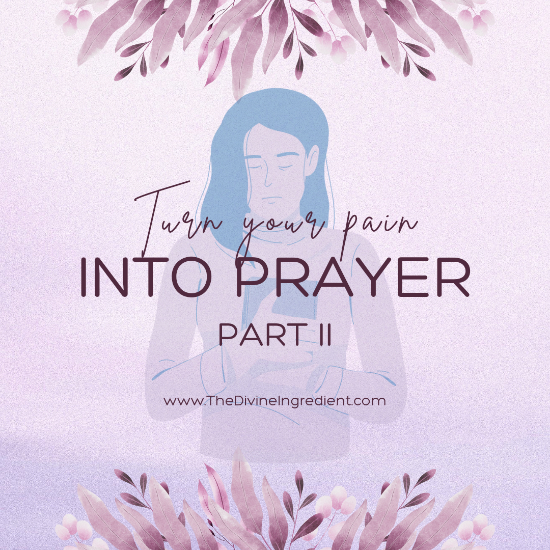See Part I of this article here.
When you realize that some of your friends, your parents, your spouse, or maybe even your pastor have treated you or are treating you in a way that can be called abuse, be careful to have the mind of Christ in this matter. The world tells you to push this person away and remove them from your life. But is that what God’s Word teaches? Don’t allow yourself to dwell on thoughts such as, “Oh wow. This is abuse. I’m being abused. They’ve been abusing me for how many years now?” In fact, be very careful about what you label it as “abuse.” Dwelling on others’ mistreatment of you takes you down a path where you have no power. The only choice is to sever. This kind of thinking creates anger, depression, and a victim mentality. There is no way out of this thinking except forgiveness and a humbleness to God. None of this thinking aligns with the mind of Christ (Phil 4:8-9, II Cor 10:5). Choose to think like a victor instead of a victim.
What if we were to find ourselves as a prisoner of war as Darlene Diebler Rose? Would you choose to love your enemies? If loving our enemies as a prisoner would seem like a no brainer to us, then why do we not love those closest to us in spite of their mistreatment of us? Darlene’s testimony caused the POW camp commander, Mr. Yamaji, to come to Christ.
Commander Mitsuo Fuchida was the Japanese commander who led the attack against Pearl Harbor. Later, he came to Christ after seeing God’s hand in many peoples’ lives during the war. He heard Japanese POWs testify of an American nurse named Peggy who treated them with kindness after she herself had lost her parents as a missionary child at the hand of the Japanese years earlier. An American POW, Jacob DeShazer, became a Christian while in prison after he was permitted to have reading material, which happened to be a Bible. After his conversion, he began treating his enemies with love as the Bible teaches. There are many accounts of Christians being a light and those testimonies led Fuchida and others to accept Christ.
When someone that should treat you right does not, someone close to you, there is usually a cause to their hurtful behavior. When I notice this behavior in people that close to me, I decided to pray for them instead of think of myself as a victim. Prayer involves God’s power, and we know that “with God nothing shall be impossible” (Luke 1:37). Let me encourage you to let go of your right to not be hurt and turn your pain into prayer.
The most productive prayers for me were when I prayed for God to work in their heart and guide them, and often, I ask God to forgive them. God can do what we can never do. In some of my deepest hurts, and maybe wrongfully, I even told God that if He thought they should be punished for what they did wrong, I was leaving that up to Him.
I have seen times when the Holy Spirit began to work in someone’s heart, and sometimes they opened up to me after they made some realizations about their behaviors. When we pray for them, we’re not only loving them, but we’re handing the problem, the hurt, to God and trusting Him with it. “Trust in the LORD with all thine heart” Pro 3:5a). Here are a few ways to pray for those who have hurt you, but most of all, let the Holy Spirit guide as you humble yourself to God:
- Ask God to forgive them.
- Ask God to work in their lives and help them to heal and grow.
- Ask God to show His love to them in an obvious and real way.
- Ask God to use them in their work for Him.
To go further in depth with a scriptural way to pray for others, see Colossians 1:9-12.




1 comment